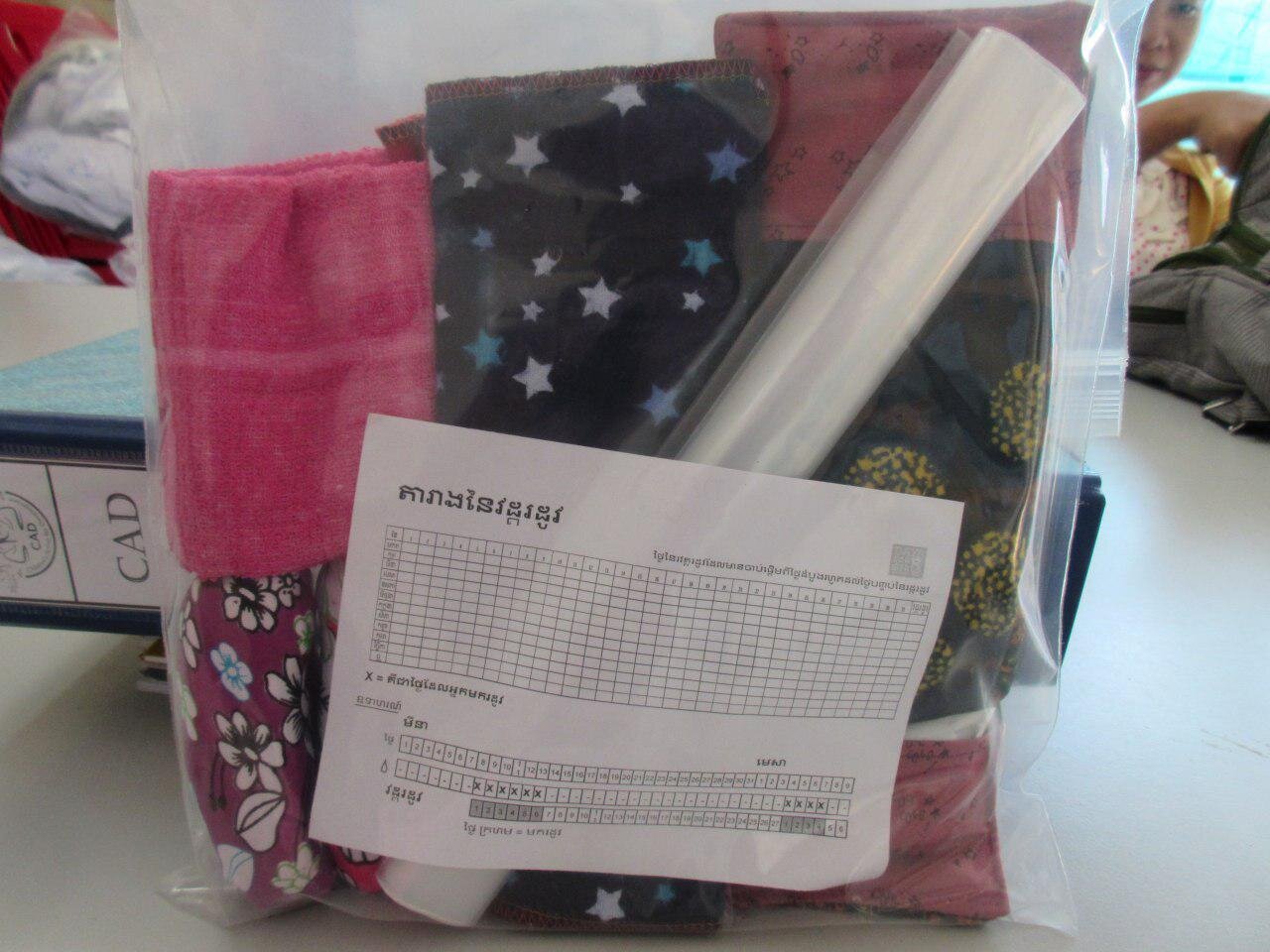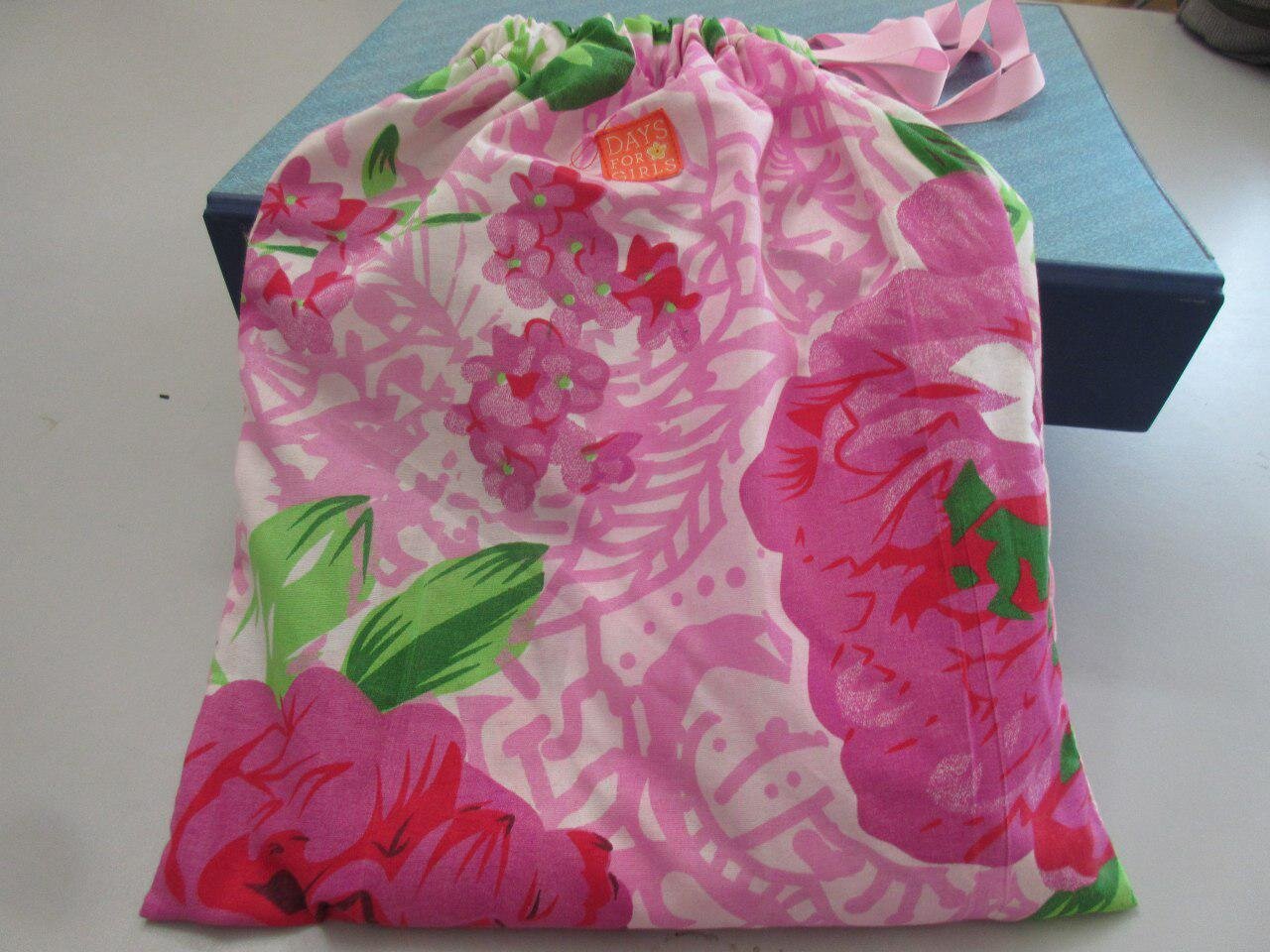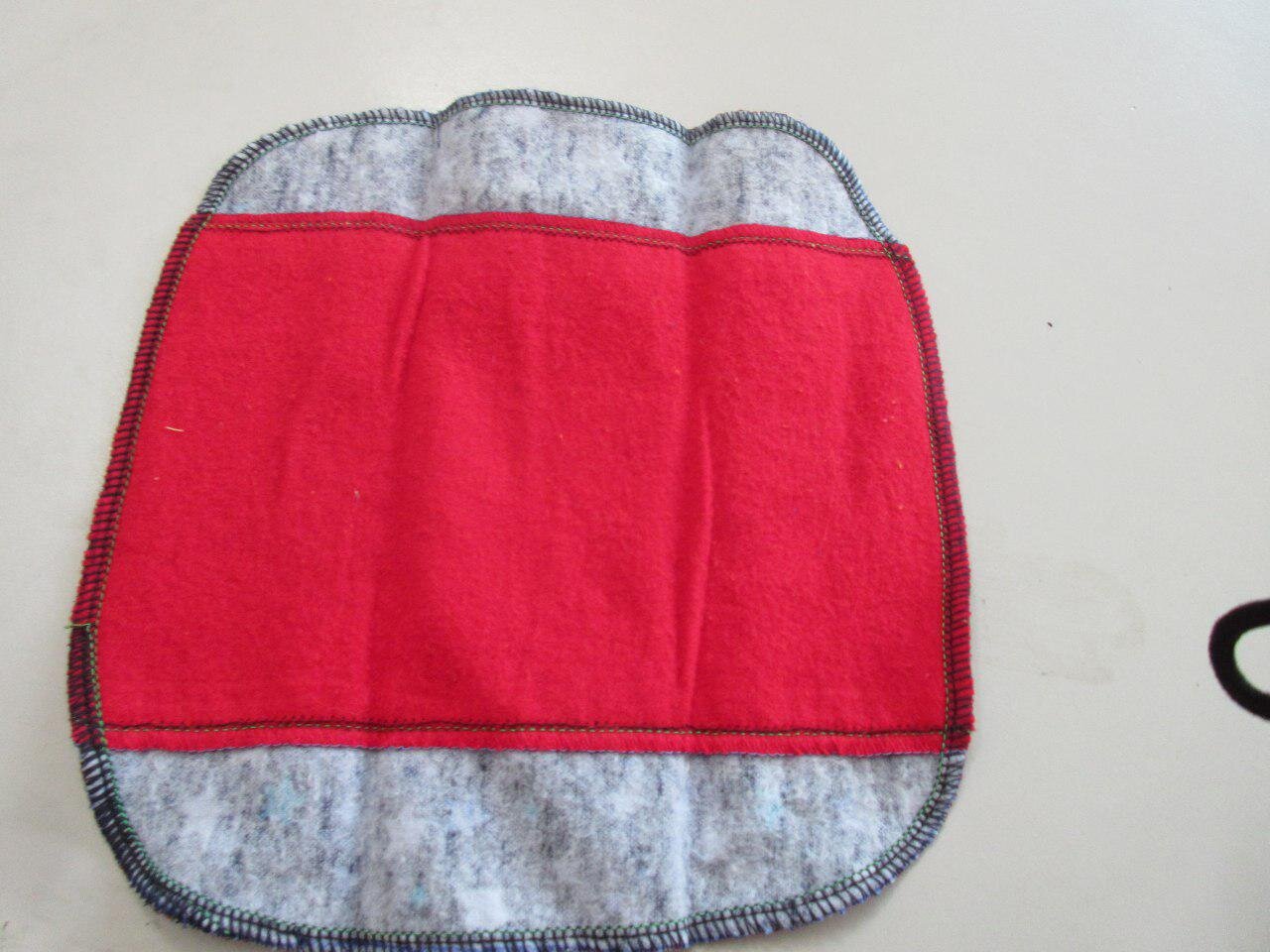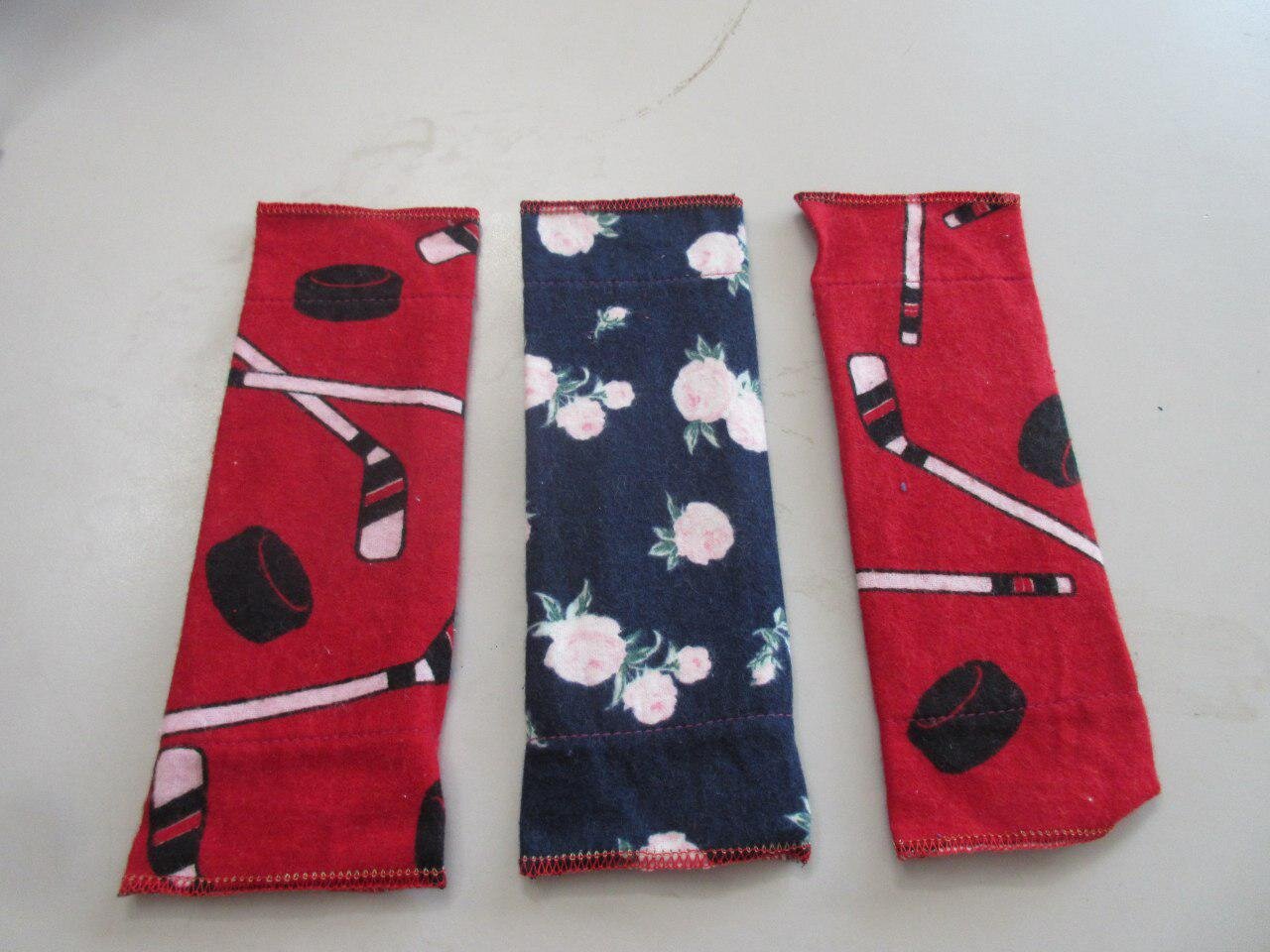Lancering GIRL project | Launch of the GIRL project (NL/ENG)
(English version below)
Meisjes in Cambodja zijn niet voorbereid op de overgang naar de puberteit en menstruatie, een taboe onderwerp. Dit zorgt voor enorme fysieke en mentale uitdagingen gedurende de eerste jaren van hun puberteit. Door armoede kunnen meisjes en vrouwen zich vaak ook geen degelijke hygiënische producten zoals maandverbanden veroorloven. Samen met onze partner Children’s Action for Development (CAD) pakken we dit probleem via ons GIRL project aan. 360 meisjes in lagere scholen krijgen nu voorlichting. Daarnaast ontvangen ze allemaal een kit, o.a. met herbruikbare maandverbanden en hygiënische producten.
Taboe rond menstruatie
In Cambodja, voornamelijk op het platteland, zijn meisjes zich weinig bewust van hun eigen lichamelijke ontwikkeling. Seksuele opvoeding en menstruatie zijn er taboe. Hierdoor zijn meisjes amper voorbereid op de transitie naar de puberteit. Ze leren niet wat menstruatie is, hoe hun lichaam zich ontwikkelt, wat de mogelijke gevolgen zijn en hoe hiermee om te gaan.
Tijdens hun menstruatie blijven veel meisjes dan ook liever thuis dan dat ze naar school gaan. Niet enkel de gebrekkige publieke sanitaire voorzieningen (bv. op school), maar ook schaamte en angst zorgen ervoor dat meisjes tijdens hun menstruatie hun eigen huiselijke omgeving verkiezen. Hierdoor missen ze belangrijke schooldagen. Dit kan uiteindelijk zelfs bijdragen aan het volledig uitvallen op school en op langere termijn dan ook niet vinden van kwalitatief werk.
Uit onderzoek van onze lokale partner CAD werden twee duidelijke obstakels geïdentificeerd. Ten eerste is duidelijk gebleken dat problemen met persoonlijke hygiëne te wijten zijn aan beperkte kennis over de eigen lichamelijke ontwikkeling, inclusief persoonlijke hygiëne, menstruatie en vruchtbaarheid.
Als tweede obstakel hebben meisjes en vrouwen in landelijke streken geen of beperkte toegang tot producten voor persoonlijke hygiëne omwille van de onbeschikbaarheid en/of de hoge kost ervan. Daarnaast kennen ze de verschillende producten niet, noch hun mogelijkheden. Als ze naar de markt kunnen gaan en het kunnen betalen, kopen ze weinig hygiënisch wegwerpmaandverbanden. Door gebrekkige afvalophaling, komen deze verbanden na eenmalig gebruik rechtstreeks in de natuur terecht. Dit vormt daarbij niet enkel een ecologisch probleem, maar houdt ook een sterk gezondheidsrisico in.
GIRL project
Vandaar startte CAD het project GIRL op. Met dit project willen we samen met CAD
de gezondheid van meisjes en vrouwen bevorderen
afval verminderen en sanitaire vervuiling reduceren
uitgaven beperken voor kansarme gezinnen
schooluitval aanpakken.
Hoe?
Binnen het GIRL project worden kits met duurzame, hygiënische producten voor meisjes gemaakt. Een kit gaat 2 à 3 jaar mee en bevat duurzaam ondergoed, hoog-kwalitatieve herbruikbare maandverbanden, een waterdicht zakje om de maandverbanden te kunnen uitspoelen en hygiënisch op te bergen in geval van nood, een maandkalender om de persoonlijke cyclus bij te kunnen houden en extra aanvullende informatie (o.a. over de ontwikkeling van hun lichaam, en info over menstruatie en persoonlijke hygiëne). De maandverbanden kunnen eenvoudig gewassen worden om nadien opnieuw gebruikt te worden. Op deze manier zijn meisjes en vrouwen niet afhankelijk van de voor hen vaak hoge prijs en de beschikbaarheid van maandverband op de markt. Indien ondertussen nodig, kunnen er apart herbruikbare maandverbanden aangekocht worden aan een lage prijs van $ 1,5 per maandverband.
CAD‘s sociaal werkers geven educatieve sessies in verschillende landelijke scholen in de regio Battambang. Per sessie geven ze telkens 20 meisjes voorlichting i.v.m. de ontwikkeling van het vrouwelijk lichaam, menstruatie, persoonlijke hygiëne, het gebruik van de kit en waar verdere informatie te bekomen. Op het einde krijgen alle meisjes een kit mee naar huis.
De samenstelling van de GIRL project kit.
Sociale tewerkstelling
CAD zet binnen en buiten dit project ook in op tewerkstelling van kwetsbare vrouwen uit de lokale gemeenschap. De kits worden door hen gemaakt binnen CAD's non-profit atelier 'Day for Girl Enterprise'. Dankzij CAD's lokaal bedrijfje krijgen ze de kans op een goeie tewerkstelling en een gewaarborgd inkomen. Ze krijgen hierbij begeleiding en opleiding op de werkvloer. Voor het maken van de kits werden ze opgeleid door medewerkers van een Australische NGO (DfG International - Bridgetown WA Chapter – Australia).
Steun stad Gent
Dankzij de projectondersteuning ‘Gentenaars Zonder Grenzen’ kunnen we dit project opstarten. Stad Gent gelooft volop in ons project en geeft ons dan ook de nodige financiële ondersteuning. We zijn stad Gent hier enorm dankbaar voor!
GIRL project
• € 5166,72 om 360 meisjes voorlichting te geven en 360 kits uit te delen.
• 75% van projectbudget (€ 3874,12) komt van stad Gent.
• 25% van projectbudget (€ 1292,60) komt van ECHO.
Girls in Cambodia are unprepared for the transition into puberty and related subjects such as menstruation are considered taboo. This can result in enormous physical and mental challenges during the first years of puberty. In addition, many women and girls cannot afford high quality hygienic products (e.g. hygienic pads). Together with our partner Children’s Action for Development (CAD) we tackle this problem through the GIRL project. 360 girls are now receiving sex and hygienic education, receive a kit with reusable eco-friendly hygienic pads, and learn how to (re)use them.
Taboos concerning menstruation and reproductive health
Girls in Cambodia, predominantly in the rural areas, are largely unaware of their own physical development. Sex education and menstruation are considered taboo among families, communities and even educators. Girls receive little information about the development of their bodies, their menstrual cycle, potential risks and consequences, or how to deal with them. As a result, girls are not prepared for the transition into puberty.
Lacking the knowledge and products, girls deliberately miss school during menstruation. Feelings of shame, but also poor public sanitation facilities at schools, result in motivated students to stay at home. This places girls in a clear disadvantage, missing out on important school days and consequently diminishing their overall chances in graduating from school and finding proper employment.
Research conducted by our local partner CAD identifies two distinct obstacles. Firstly, personal hygienic problems are caused by the lack of knowledge of their own physical development, personal hygiene and reproductive health. Secondly, women in rural areas have limited access, if any, to quality hygienic products due to the lack of availability and/or steep costs. They are often unaware of the existing variety of hygienic products and their potential benefits. As a consequence, women purchase cheap and low-quality disposable hygienic pads, if they can afford it.
This brings us to another pressing issue, as these disposable hygienic pads are non-biodegradable and end up contributing to the environmental challenges we are facing globally. Faulty waste collection systems only contribute to the issue: these single-use pads filled with plastic components will more often than not end up in their surroundings.
GIRL project
The aforementioned observations and findings prompted CAD to develop the GIRL project in concertation with ECHO. The goals of this project are:
Health improvement of girls and women
Reduce waste and sanitary pollution
Limit expenditure for underprivileged families
Tackle school dropout.
How?
By manufacturing and distributing kits with durable hygienic products for girls. Each kit contains durable underwear, high quality reusable pads, a waterproof bag to store used pads and clean them, a calendar to keep track of their cycle and additional information (such as their physical development, menstruation cycle and personal hygiene). The pads can be easily washed and reused up to three years. This frees these girls from the unreliable availability and recurring costs of hygienic pads at the market. Additional pads can be procured at the low cost of $1.5 USD per pad.
CAD educates girls attending public schools in the rural areas surrounding Battambang. Female students learn about the physical development of the female body, the menstruation cycle, personal hygiene, how to use the kits and where they can find additional information. At the end of a session, each girl receives a personal kit.
The content of the GIRL project kit.
Social employment
CAD endeavors to establish a long-term sustainable approach to its activities, while giving back to the vulnerable communities it serves. All kits are produced by CAD’s non-profit workshop ‘Day for Girl Enterprise’, which employs underprivileged women from nearby communities. The kits are produced at a low cost and the staff receives steady employment, a secure income, support and training. To ensure high quality products, the staff receives vocational training from the Australian NGO DFG International – Bridgetown WA Chapter - Australia.
Support City of Ghent
We were able to launch this project thanks to the financial support from ‘Gentenaars Zonder Grenzen’ (‘Citizens of Ghent without borders’). Just like us, the city of Ghent wholeheartedly believes in this project and its long-term potential. We are truly grateful for this!
GIRL PROJECT
• € 5166,72 to educate 360 girls and distribute 360 kits.
• 75% of the budget (€ 3874,12) was provided by the city of Ghent.
• 25% of the budget (€ 1292,60) was provided by ECHO.













